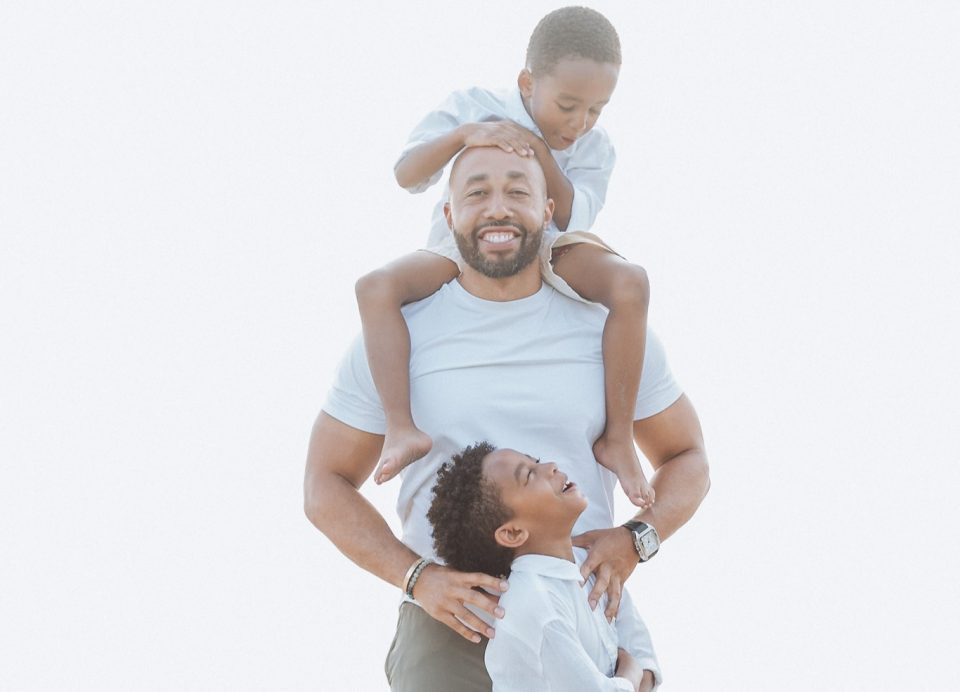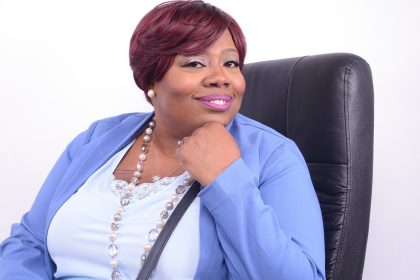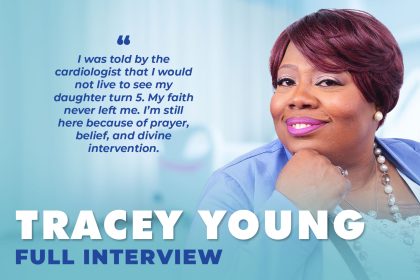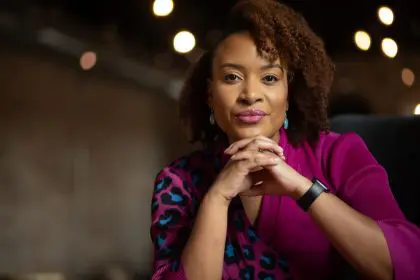Charles Johnson IV is a maternal health activist and the father of two boys who tragically lost his wife in 2016 due to complications she experienced after the birth of their second son.
Congress passed the Kira Johnson Act in 2021, which established community-based grants to improve maternal health outcomes for minorities and underserved populations.
On April 15, 2023, Johnson, alongside Atlanta Mayor Andre Dickens, hosted a Black Maternal Health block party to raise awareness.
Johnson says his wife’s death led to the launch of the nonprofit 4 Kira 4 Moms and sparked a movement to improve Black maternal health outcomes.

Tell us more about 4 Kira 4 Moms and how the Kira Johnson Act plays a role?
So, we founded 4 Kira 4 Moms, which is a nonprofit organization to not only pay honor to Kira but to pay honor to every single family that has been impacted by this maternal mortality crisis. So, we approach this by educating, advocating, and legislating. When it comes to education, we make sure to empower families with the tools and resources they need not only to survive birth but to make sure that they thrive before, after, and during childbirth.
We have a program called the Maternal Mortality Response Team. So, in the event that we do lose a mom anywhere in the country, we’re able to respond to support that family within 48 hours with diapers, wipes and formula. They don’t have to pay for that, for at least a year. … Fathers or grandparents are oftentimes overwhelmed with a new reality that they weren’t anticipating, so we support them when it comes to that. When it comes to legislation, we’ve worked really hard not only at the state level, but the federal level to pass substantive, game-changing legislation that will make our country a better [and] safer place for moms and babies.
What are your thoughts on expectant mothers using doulas during their pregnancy journey?
I am a huge supporter of doula care. Doulas are important [and] critical. If there was one thing that I would change about my pregnancy journey with Kira, I would have engaged [a doula]. That being said, we can’t expect doulas to solve all of this. So, I’m working hard to make sure that doulas aren’t just available for the rich and the affluent, and that we are able to expand the doula workforce and that they get paid not just a living wage, but a thriving wage.
So, making access available to doulas is important. It’s also equally important to make sure that we are disrupting and holding healthcare systems accountable for their racism and their bias. What good is it to send a mother into a hospital system that is entrenched in a culture of institutional racism and bias? We have to approach it from multiple sides. We have to make sure that when that mother and that family show up, they are able to be seen as their full selves. So they are heard, they are seen, they are valued, and they’re prioritized.















